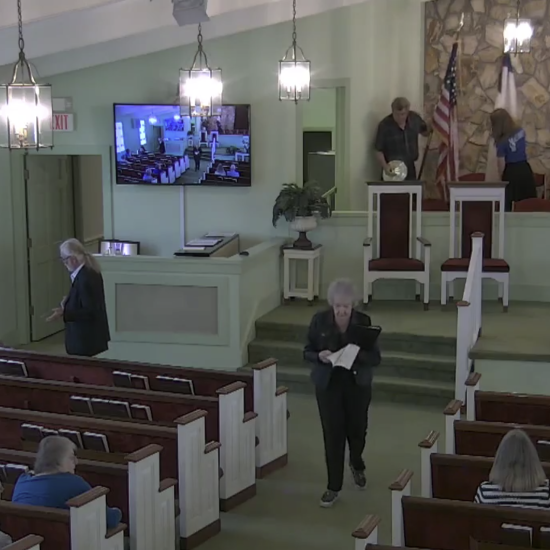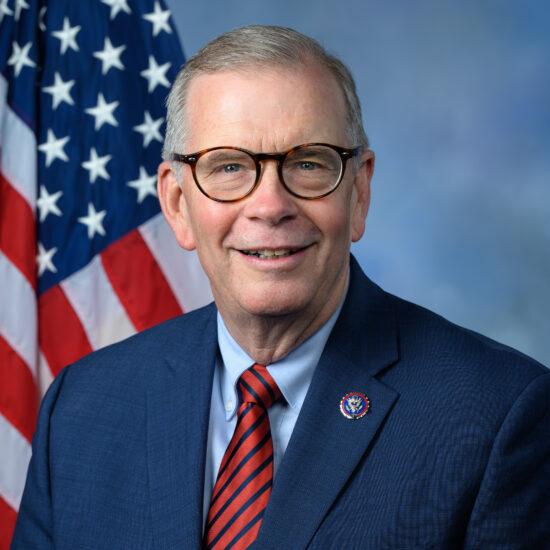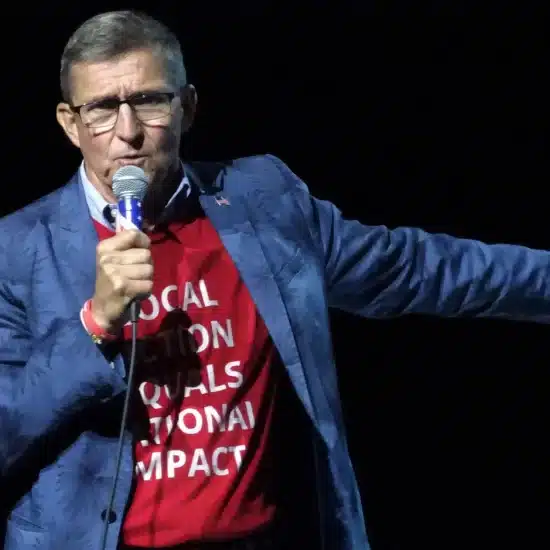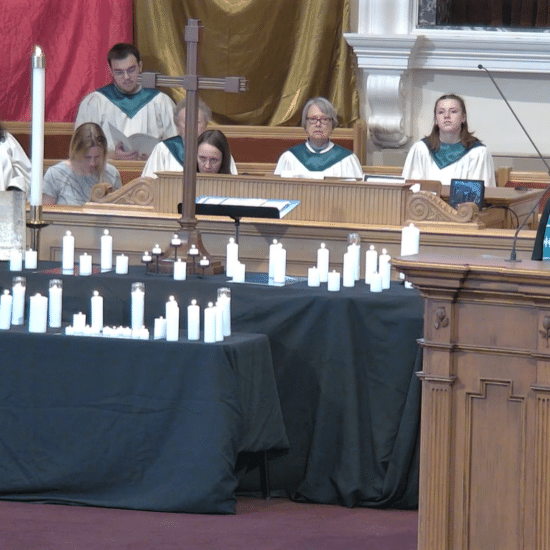A century and a half after the Civil War divided Baptists in America into separate congregations predominantly black and white, a diverse group of U.S. Baptists is exploring ways to cross boundaries of identity, doctrine and ethnicity to collaborate in community service.
In 2008, former President Jimmy Carter convened more than 15,000 people representing over 30 Baptist organizations in a gathering called the New Baptist Covenant to bring unity to a fragmented faith tradition.
Subsequent gatherings were held to focus not on the various controversies that caused Baptists to separate over 150 years, but common values they all share. Now, said planners of a meeting on Nov. 21-22 in Atlanta, it’s time to move beyond talk.
“We’ve come to the New Baptist Covenant before as groups and enjoyed the camaraderie, enjoyed the worship and enjoyed the time together,” Suzii Paynter, executive coordinator of the Cooperative Baptist Fellowship, said at a New Baptist Covenant summit meeting at First Baptist Church in Decatur, Ga. “Now we’re in the enlistment part. We’ve had the inspiration, and now it’s time for the perspiration.”
This year Baptists in four cities — Dallas, Birmingham, St. Louis and Atlanta — and others in the Northwest United States region will develop covenant partnerships to work together in their communities to advance Jesus’ mission described in Luke 4 as: “The Lord has anointed me to preach the good news to the poor. The Lord has sent me to proclaim release to the captives, and recovery of sight for the blind, to set at liberty those who are oppressed, to proclaim the year of the Lord’s favor.”
Paynter said the Baptist witness is “not just about what we say,” but a mutual commitment “toward shared values and common understanding of Baptist principles that bind us together.”
“We recognize the autonomy of each of our congregations and each of our organizations, so what do we have to prove?” she asked. “We have to prove that we can work together. We have to be a witness to what we can do together — not for our own devotion or for our own identity — but to what we can accomplish across the country for the betterment of God’s kingdom.”






